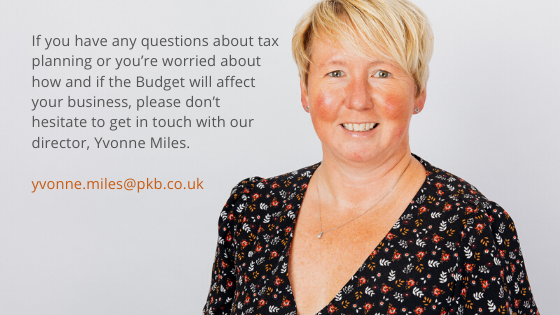Chancellor Sajid Javid was set to deliver the autumn Budget on November 6 2019 but after Boris Johnson called the first December general election since 1923, Javid decided to delay proceedings.
With many left wondering when and even if there would be an autumn Budget, it has finally been announced that it will take place in February. Things will be a little different this year compared to previous years however.
While the new government intends to announce the 2020/21 tax rates, bands and allowances in the Budget next month, it’s likely to be a full Budget which will take the place of the lower-key spring statement which usually takes place in March.
Prior to the election, Boris Johnson promised “a post-Brexit Budget in February, which will cut taxes for hardworking families”.
The Conservative manifesto also promised to freeze the rates of national insurance contributions, VAT and income tax, as well as reforming the insolvency rules and the audit regime.
Also in line with a manifesto pledge, the current national insurance threshold looks set to remain the same for 2020/21 – before increasing to £9,500 for 2021/22. The main 19% rate of corporation tax is legislated to reduce to 17% on 1 April 2020, but Johnson confirmed this is no longer going ahead. This information should be contained in Javid’s Budget.
While on the topic of corporation tax, the rate of research and development (R&D) tax credits should rise from 12% to 13% in line with a manifesto promise. Business groups, backed by a recent Treasury Committee review, could also get their wish to see the existing business rates system reformed in England and Wales in time for April 2020.
To read news and blogs from Yvonne Miles, click here >>



